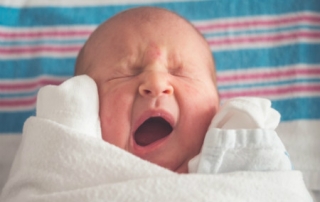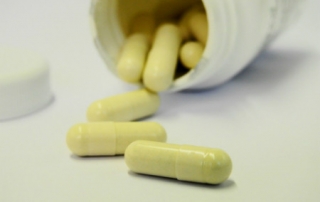SSRI Antidepressants and PPHN: Much Lower Risk Than Previously Reported
In 2006, Chambers and colleagues published an article linking selective serotonin reuptake inhibitor (SSRI) antidepressant use during late pregnancy to an increased risk of persistent pulmonary hypertension in the newborn (PPHN). PPHN is a cardiovascular [...]








